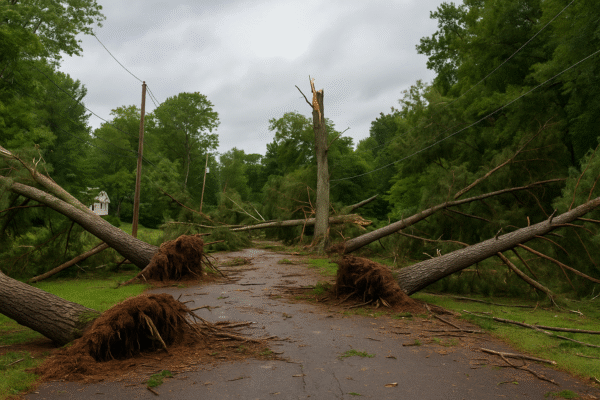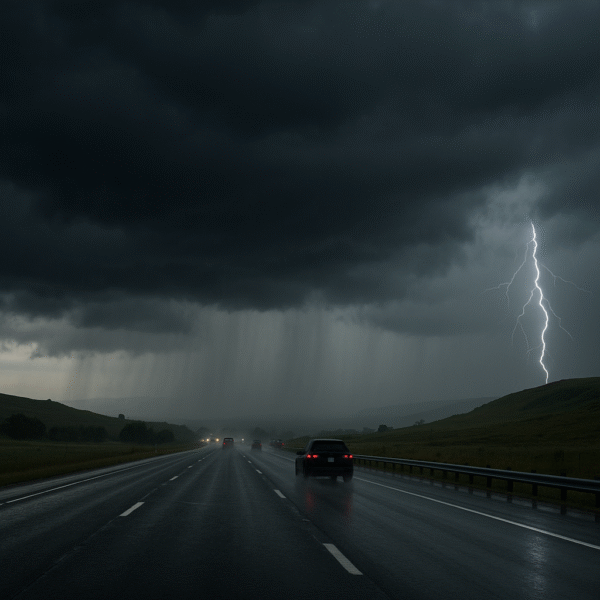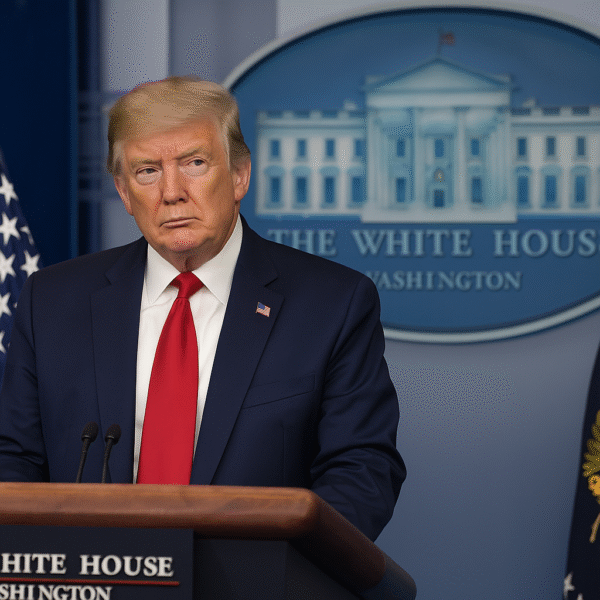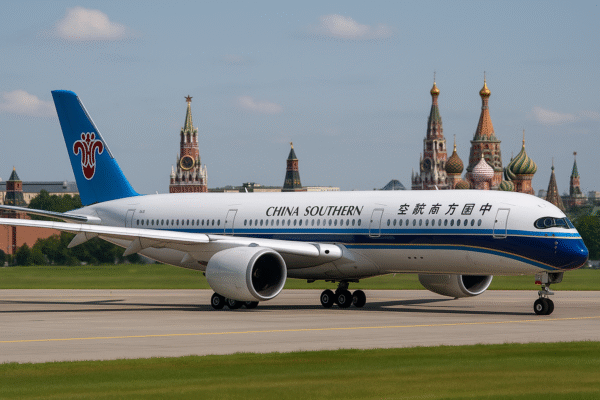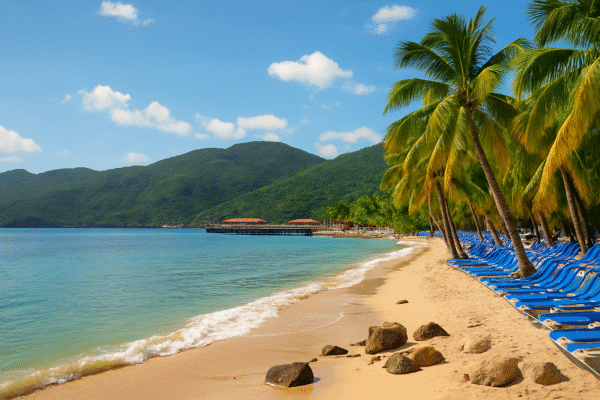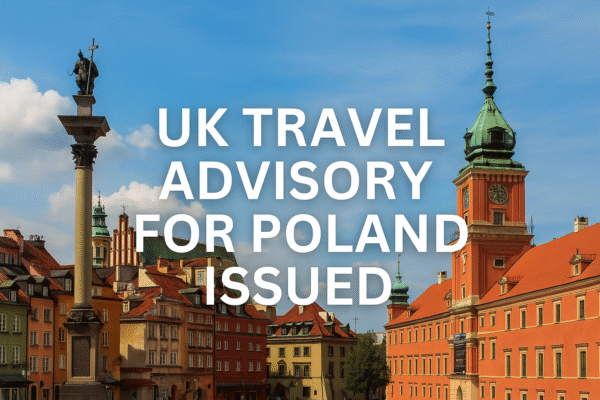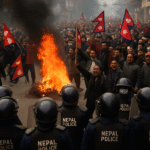The UK Foreign, Commonwealth, and Development Office (FCDO) has issued an urgent travel advisory for Poland, citing the temporary closure of its airspace and increasing security concerns due to Russian military activity near the Ukrainian border. The advisory urges British nationals to carefully monitor developments, reconsider immediate travel plans, and follow instructions from local authorities and airlines.
Poland remains a popular destination for both leisure and business travel, but recent events have heightened risks for visitors. With airspace restrictions and heightened border tensions, British citizens are advised to prioritize safety and remain updated on official announcements.
Airspace Closure and Its Impact on Travelers
The most significant disruption comes from the closure of Poland’s airspace, announced as part of security measures to protect the nation during ongoing regional instability. The move has forced airlines to cancel or reroute flights, leaving many travelers stranded or forced to seek alternative routes.
What Travelers Should Do:
- Check with airlines regularly: Carriers such as British Airways, Lufthansa, and Ryanair have published updates on cancellations and reroutes. Passengers are urged to verify their flight status before departure.
- Explore alternative airports: Travelers may need to fly into neighboring countries such as Germany, Slovakia, or the Czech Republic, then continue their journey into Poland by land.
- Stay informed through official sources: Updates on the reopening of Polish airspace will be communicated by government and airline channels.
The closure not only disrupts tourist travel but also affects business trips, family visits, and Poland’s role as a major European transit hub.
Russian Military Activity Near the Border
The advisory highlights concerns over Russian missile strikes in Ukraine, some landing within 20 kilometers of Poland’s border. While there is currently no direct threat to Polish territory, the proximity of these attacks raises the possibility of escalation.
Polish authorities have introduced restricted zones along the borders with Ukraine and Belarus to limit civilian access. These measures reflect the seriousness of the situation and the need for tourists to avoid high-risk areas.
Key Guidance for Travelers:
- Avoid border zones with Ukraine and Belarus.
- Track military developments via trusted news outlets and government advisories.
- Follow local authority instructions if new restrictions are imposed.
Safety Measures Inside Poland
Despite regional tensions, much of Poland remains calm and safe for visitors. However, the FCDO stresses that tourists should exercise greater caution.
Demonstrations and Protests
Public demonstrations have been more frequent in recent months, often related to political and social issues. While most are peaceful, some have escalated into confrontations.
- Avoid joining or standing near protests.
- Leave areas immediately if unrest develops.
- Follow curfews or restrictions implemented by local authorities.
Crime Risks
Poland’s crime rate is relatively low, but petty theft is a risk in busy areas such as train stations and tourist hotspots.
- Keep valuables secured and avoid carrying large sums of cash.
- Be cautious at ATMs and avoid poorly lit streets at night.
Travel Insurance and Health Precautions
The FCDO emphasizes the importance of comprehensive travel insurance, particularly during times of political or security instability.
Essential Coverage:
- Flight cancellations and delays due to airspace closures.
- Medical emergencies, including treatment in border areas where health services may be disrupted.
- Trip interruptions caused by political or security developments.
Travelers should also carry necessary medications and be aware of Poland’s vaccination requirements or health advisories.
Cultural and Legal Considerations
Poland welcomes millions of tourists annually, but visitors should respect local laws and customs to avoid unnecessary issues.
- Alcohol and Drugs: Drinking alcohol in public spaces such as parks and streets is illegal. Poland also enforces a zero-tolerance drug policy, with severe penalties for possession or trafficking.
- LGBT+ Travelers: While same-sex activity is legal, same-sex unions are not recognized. Larger cities such as Warsaw, Krakow, and Gdansk are more inclusive, but rural areas may be less tolerant.
- Identification: Tourists are required to carry ID at all times. A passport or copy should be accessible when traveling within Poland.
Practical Travel Tips
Travelers can still enjoy much of Poland safely by exercising caution and staying informed.
- Validate public transport tickets to avoid fines.
- Wear reflective clothing when walking or cycling outside urban areas at night.
- Drive cautiously, keeping licenses and documents on hand, and avoid remote roads after dark.
These practical steps, combined with vigilance, will help ensure a smoother travel experience.
Conclusion: A Time for Extra Vigilance
The UK travel advisory for Poland highlights the complex challenges facing travelers during times of heightened regional tension. Airspace closures, border restrictions, and proximity to military activity make it vital for British nationals to remain cautious and informed.
Poland continues to be a country of cultural richness, historic cities, and scenic landscapes, but current conditions demand responsible travel planning. By heeding the FCDO’s guidance, avoiding high-risk zones, and securing comprehensive travel insurance, visitors can better navigate the risks posed by this evolving situation.
Until stability returns, travelers are urged to prioritize safety above all else when considering journeys to Poland.
For more travel news like this, keep reading Global Travel Wire




